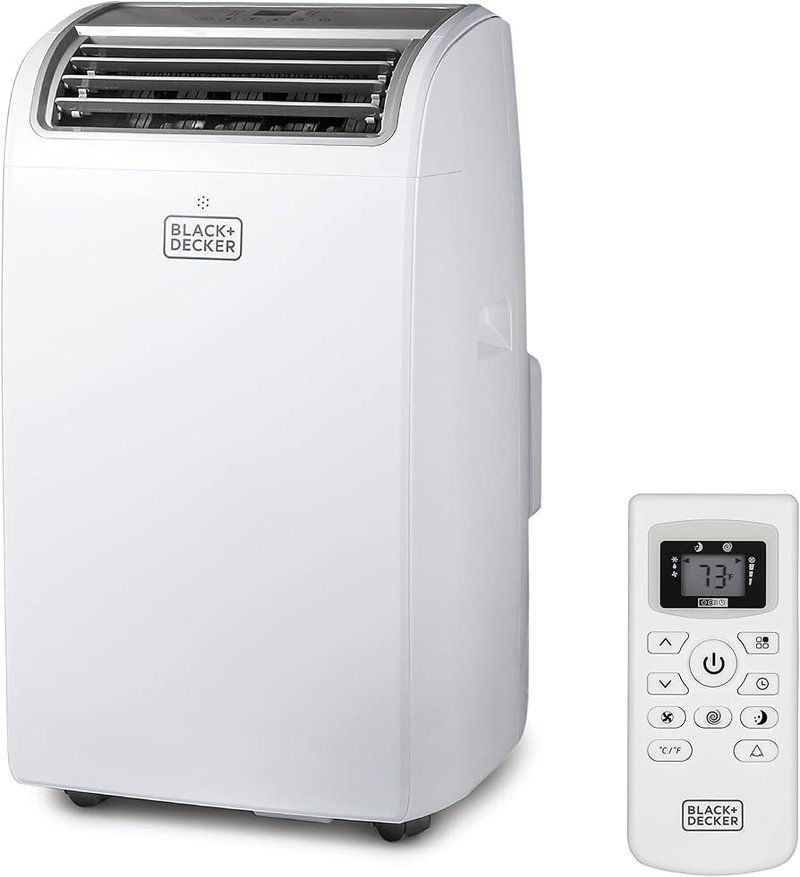
Error codes on air conditioners are a lot like check engine lights in cars—they’re there to tell you something’s gone awry. When your GE air conditioner flashes “HE,” it could mean a few different things, but they all point to some sort of malfunction that needs your attention. Don’t worry, though; it’s not as daunting as it sounds. Think of it as your air conditioner’s way of communicating that something’s not quite right.
We’ll dive into what could cause this pesky error code and how you might be able to fix it. Whether you’re a total beginner or just someone who doesn’t want to call a technician right away, you’ll find some simple insights and suggestions here to get your air conditioner back on track.
Understanding the HE Error Code
The “HE” error code is kind of like your air conditioner raising its hand to say, “Hey, there’s an issue here!” In most cases, this code indicates a problem related to heat exchange. In simpler terms, it involves the process where your air conditioner removes heat from your room and cools it down. When this process gets disrupted, the device throws an “HE” error.
Now, why would this process get disrupted? Well, it could be due to a variety of reasons. One possibility is a dirty air filter. Imagine trying to breathe through a cloth that’s covered in dust—that’s how your air conditioner feels with a clogged filter. When air can’t flow freely, the system strains to work harder, and sometimes it just can’t keep up.
Another reason might be a refrigerant issue. Refrigerant is like the blood of your air conditioning system, circulating through the coils to absorb and remove heat. If there’s a leak or low levels, it’s like trying to run a marathon without enough water—inefficient and ultimately problematic. Each of these issues can lead to the “HE” error code, indicating a need for further inspection or fixing.
Common Causes of the HE Error Code
So, what might specifically trigger this error code? One common cause is a **dirty or blocked condenser coil**. Think of the condenser coil as your unit’s radiator—it needs to be clean to release the heat absorbed from your home. If dust or debris builds up, it can’t function efficiently, much like a radiator that’s clogged.
Next, we have the **aforementioned refrigerant issues**. Whether it’s a leak or just low on refrigerant, the system won’t be able to efficiently transfer heat. Imagine trying to wash dishes without enough water—it’s just not going to work well. A professional may need to check the system for leaks and possibly recharge the refrigerant.
Finally, it could be a **problem with the fan**. The fan is responsible for circulating air over the coils. If it’s not working correctly, air can’t flow over the coils to expel heat properly. It’s akin to trying to cool down on a hot day without a breeze—an uphill battle.
What Can You Do About It?
So, what steps can you take when faced with this error code? First things first, try to clean the air filter. It’s a simple task but remember to turn off your unit before you do. Once it’s out, a gentle wash with soapy water could do wonders. Let it dry completely before reinserting it.
If the filter wasn’t the issue, check around the outdoor unit. Make sure it’s free of debris, leaves, or anything else that could block airflow. A quick clear-up could improve the unit’s efficiency greatly.
Should those steps not clear the code, it may be time to call in a professional. Handling refrigerants or internal problems without proper expertise can be risky. It’s much better to be safe and let someone with the right skills take a look.
Preventative Tips to Keep Your AC Running Smoothly
No one likes dealing with malfunctioning appliances, so let’s talk about how we can avoid these issues in the first place. Regular maintenance is key. Just like you visit the doctor for a check-up, your AC needs routine care to stay in top shape. Clean or replace filters regularly—every month during peak use is a good habit.
Checking the outdoor unit is also important. Make it a habit to inspect and ensure there’s nothing blocking it. Trim back any plants or bushes that are too close. This is like ensuring a path is clear for a marathon runner; it helps the system run without hiccups.
Lastly, be mindful of strange noises or smells. These are often early indicators that something might be amiss. Think of them as whispers from your unit asking for attention before it becomes a louder, more expensive problem.
In conclusion, while the “HE” error code might seem like a roadblock, it’s really just a sign that your air conditioning system needs a little TLC. Simple maintenance and a bit of awareness can keep your unit running efficiently so you can continue to enjoy those cool, comfortable indoor temperatures.